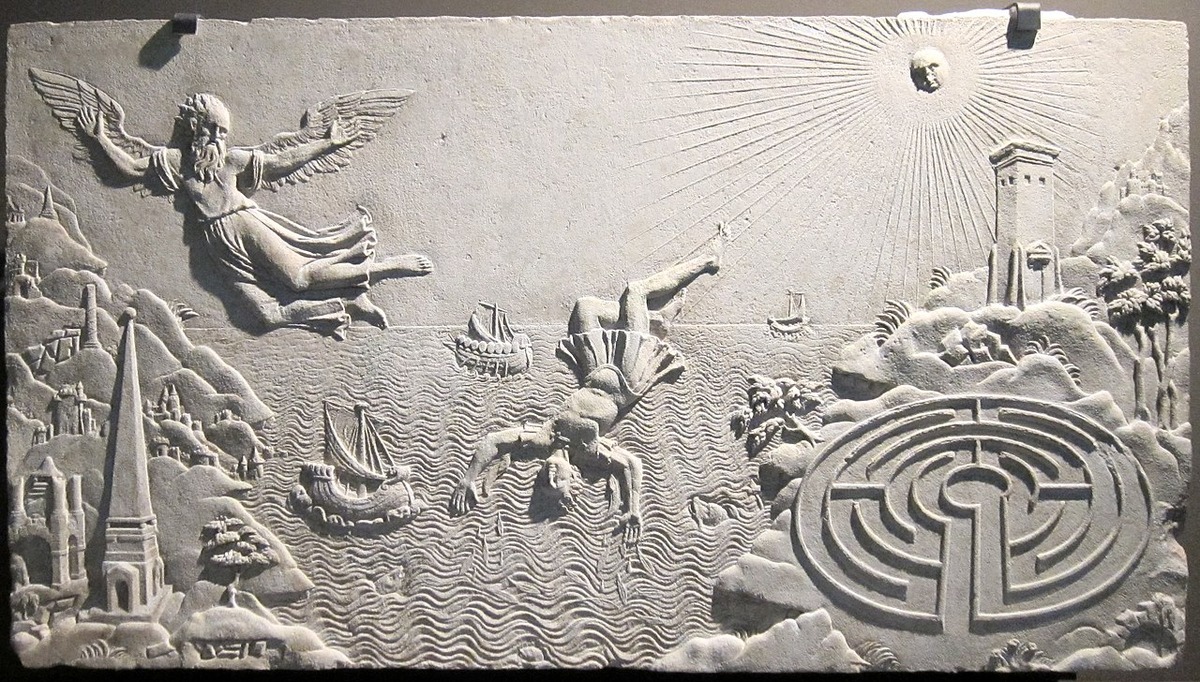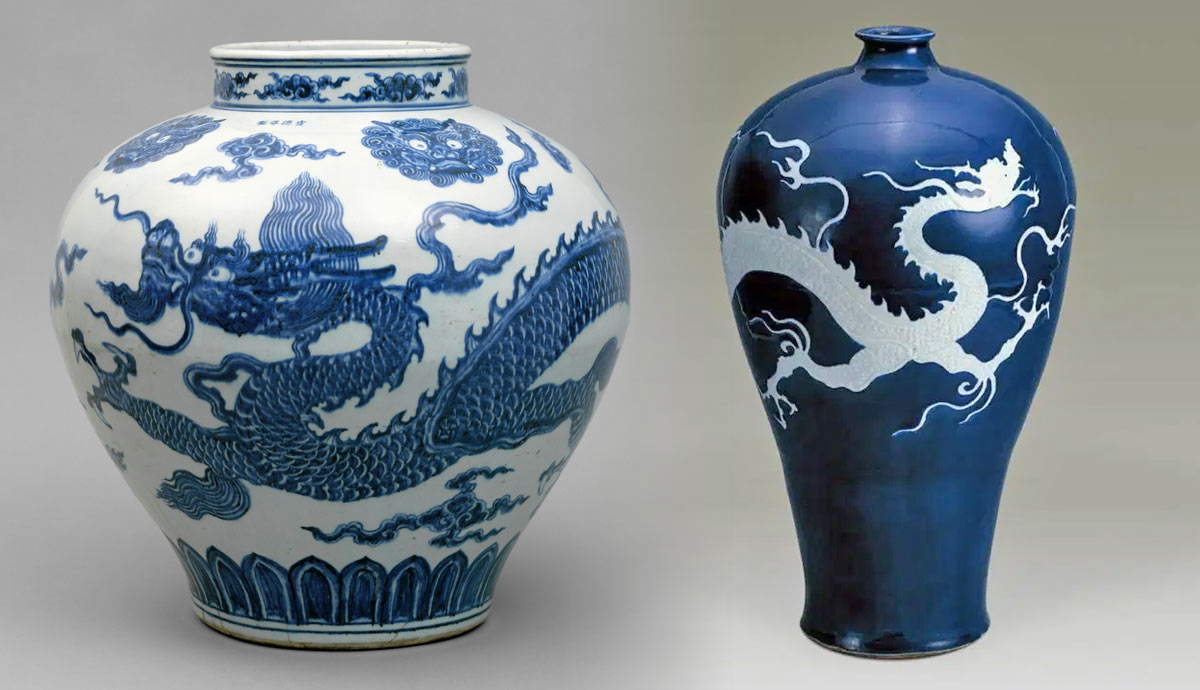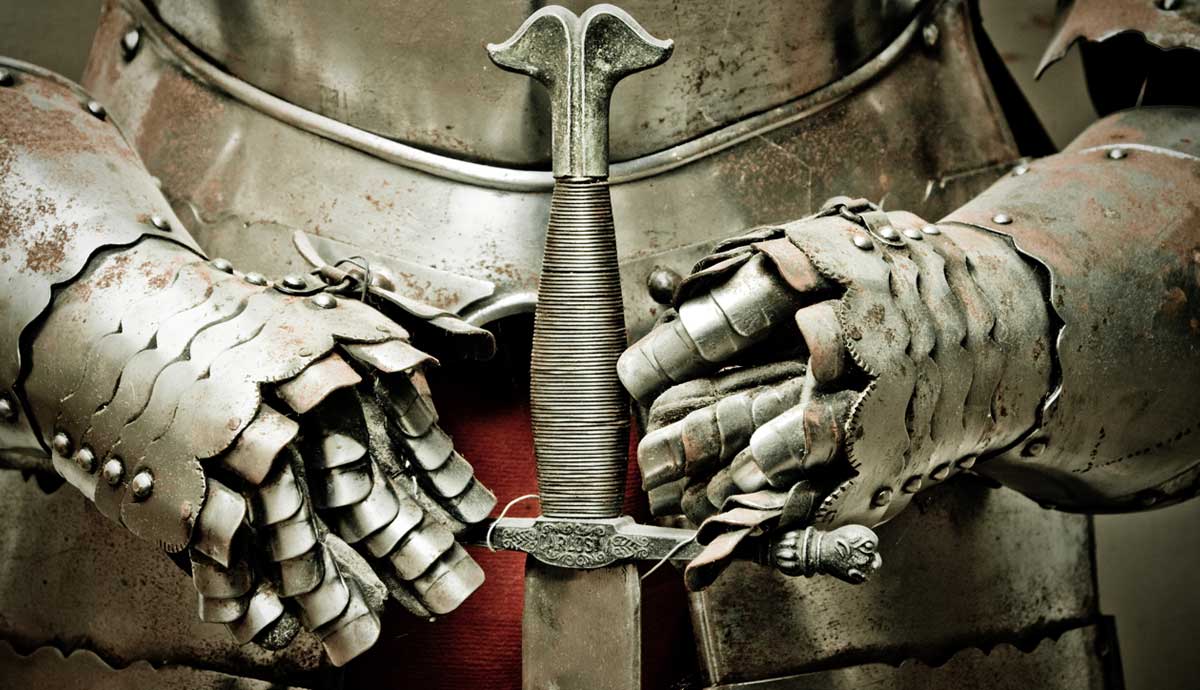
Son of Daedalus and captive of King Minos, Icarus is a character from Greek myth who flew too close to the sun and fell to his death. His father had made the wings from wax and bird feathers so the pair could escape from their imprisonment on the island of Crete across the sea to Athens. But he warned Icarus to “fly between the extremes,” instructing him that flying too high would melt the wax in his wings, while too low would soak the feathers and make them heavy, pulling him into the sea.
Once Icarus took flight, he couldn’t resist taking to the sky, higher and higher, thus fulfilling his father’s worst nightmare. But why did he ignore his father’s warnings, flying up and up until his wings melted and he fell to his death in the Icarian Sea? We take a closer look at the story as told in Ovid’s Metamorphoses to find out more.
Why Did Icarus Fly Too Close to the Sun?
Icarus Was Enjoying His Newfound Freedom

Having been locked up in a tower with his father, Daedalus, for some time, we can imagine that Icarus felt an incredible rush of freedom once he could finally fly free. Ovid suggests Icarus is an adolescent on the brink of adulthood, and he can be understood as a symbol for any young adult yearning for a taste of independence after having been cooped up with a parent or figure of authority. When his father created the wings and instructed Icarus how to fly, the pair took to the sky with relative ease, leaving behind a life of captivity and confinement. In this situation, it’s easy to think of Icarus as a reckless, arrogant youth who lets his guard down and gives in to temptation, losing sight of the bigger picture in the excitement and thrill of the moment.
Icarus Wanted to Get Closer to the Gods

While Icarus was soaring through the sky, the adrenaline must have rushed to his head as he looked up towards heaven, the place of the gods. This feeling must have been quite something, a chance to get closer to the gods than any other mortal human had before. In a moment of complete madness, he lost all sense of reason, and, like any thrill-seeking individual who makes a rash decision in the heat of the moment, he lacked the foresight to understand where his actions would lead. Blinded by his ambition to achieve the impossible, Icarus let his guard down and paid the ultimate price.
What is the Moral of the Story of Icarus?
Icarus’s Story Warns Us About the Arrogance of Youth

Like many Greek myths, Icarus’ tale is well-documented as a parable with a moralizing message. For the ancient Greeks, his story was a lesson about the transition from youth to adulthood. Icarus demonstrated how reckless, impulsive behavior can prove disastrous and even fatal. He also illustrated how desire, greed, and even gluttony can take over and become a force of destruction. In ignoring his father’s warnings, Icarus demonstrated what the Greeks called hubris, or wanton, excessive arrogance, believing himself to be above all others. We can even read Icarus’s story as a lesson in moderation on the path to adulthood, how flying between the extremes or not aiming too high or too low in life might be more likely to lead to success.
Icarus’ Story Teaches Us About Risk, Hope, and Progress

As much as there is a stark warning in Icarus’s story about the perils of hubris, many also believe there is a message about risk, hope, and progress hidden within his cautionary tale. Flying was an ability the ancient Greeks could only dream of, and while Icarus’s story ended badly, we could also look to him as an imaginative risk-taker, a pioneer who hoped, dreamed, and dared to go where no man had gone before, which is often how progress is really made.










